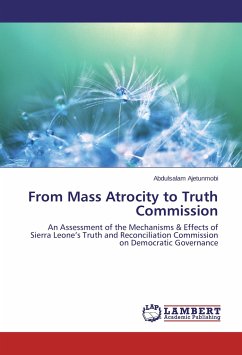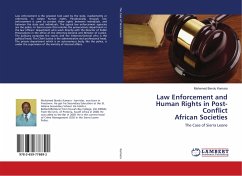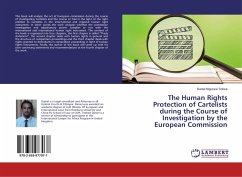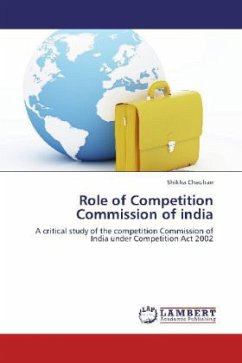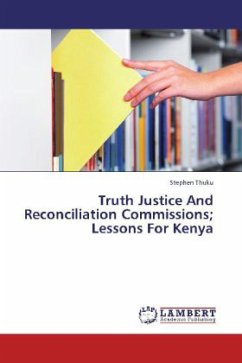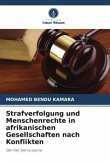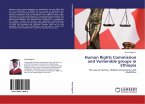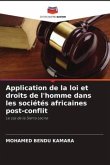This book provides: (1) a comprehensive discussion of the theoretical assumptions underpinning the operation of a truth commission in general, drawing upon work in law, philosophy, sociology, psychology and behavioral sciences and (2) data-driven triangulation analysis of the Sierra Leone's Truth and Reconciliation Commission (SLTRC)'s (a) process-the information, management and staffing consideration; public hearings; and truth telling; (b) upshot-quality and nature of the report and recommendations produced, as well as the extent of 'truth' unearthed; and (c) impact-the practical achievements. While the principal aim of the book is to review SLTRC's six significant recommended measures, namely, establishment of the rule of law, protection of human rights, reform of security services, promotion of good governance, fighting corruption, and reparations, it is also designed to demonstrate the relevance of triangulation of data procured from multiple data-sets. The book is designed for students of International Law, but will also assist those studying alternative adjudication within courses on political science, philosophy, sociology, psychology and behavioural sciences.
Bitte wählen Sie Ihr Anliegen aus.
Rechnungen
Retourenschein anfordern
Bestellstatus
Storno

